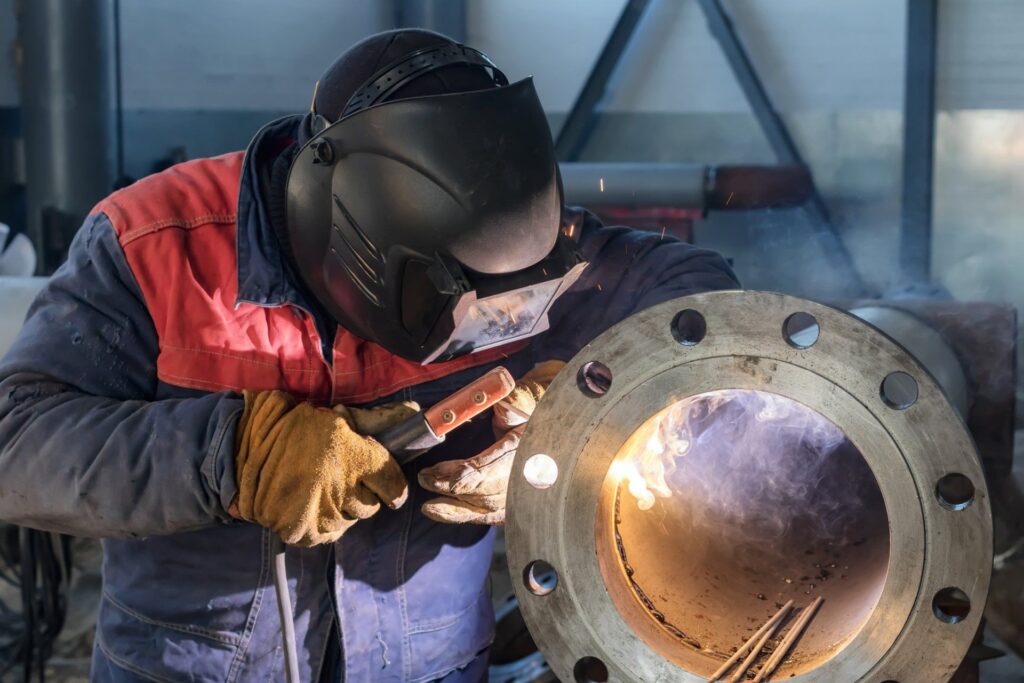

Hi all here is an interim Newsletter following guidance issued this week by the HSE on the control of welding
Fume. This is pursuant to a safety alert linking welding and metal fumes with cancer and other respiratory diseases. This guidance mirrors recent enforcement activity relating to Health and substances hazardous to
Health.
Welding fume exposure is ultimately controlled and regulated under the COSHH Regulations and therefore
assessment is necessary to highlight the risks and identify suitable controls. The guidance issued is comprehensive and outlines best practice control for the reader dependant on type of welding frequencies, duration
and other variables. Due to the amount of possible variables specific risk assessment of each individual situation will be required in all but the most simple of work.
For those of you completing maintenance and repair welding operations, previous advise and risk assessment
still stands i.e. RPE—in the form of a battery powered hood; this advice is also relevant for welding outside; if
risk assessment allows we can revert to P3 dust masks, although these will require face fit testing in all circumstances.
If on the other hand the frequency, intensity and type of welding are complex and involve welders operating
for most of the day/week in a workshop/manufacturing environment, the controls required will be more involved with consideration, to changing the process, LEV, RPE and general ventilation as examples. In these situations it is also important to recognise the environment and other workers who may be in the same area,
ensuring their exposure is controlled.
Also released is a set of guidance, which includes welding in confined spaces which again gives specific practical controls for these types of operations, particularly referring to inert gases that are present/may be produced and their effects in confined space.
If any of you would like further guidance or advice in these areas please give the office a call and we can talk
through specific situations with a view to providing support where applicable.